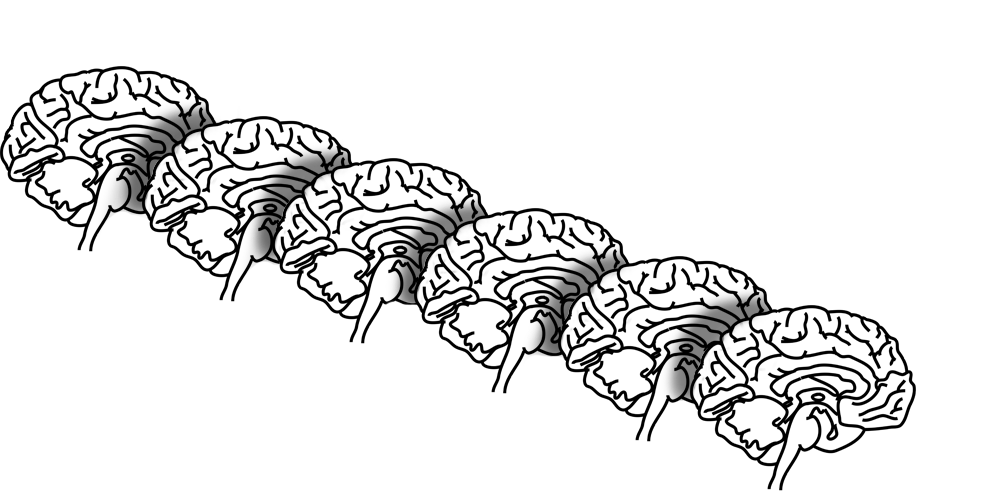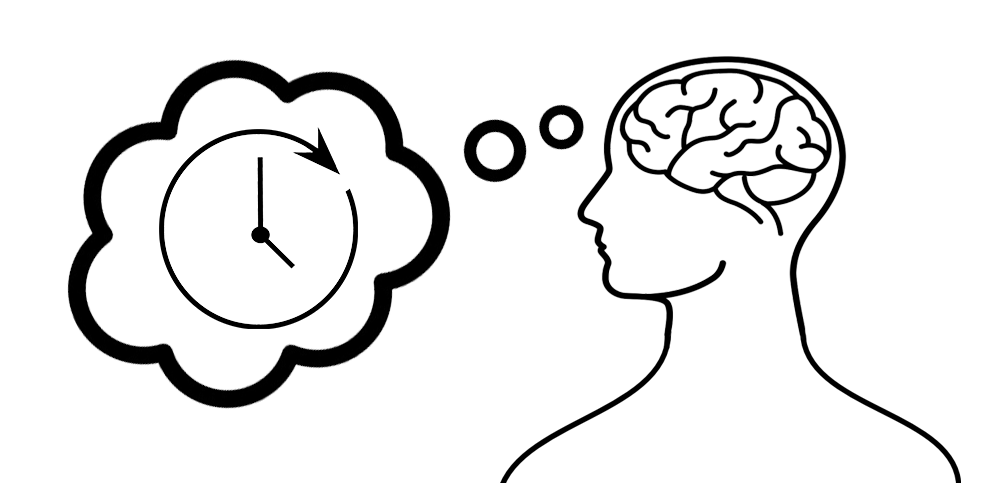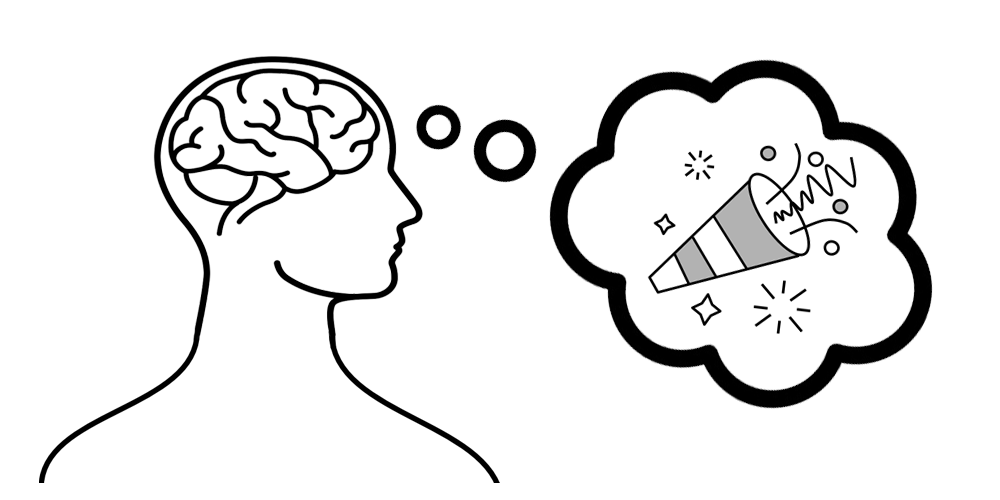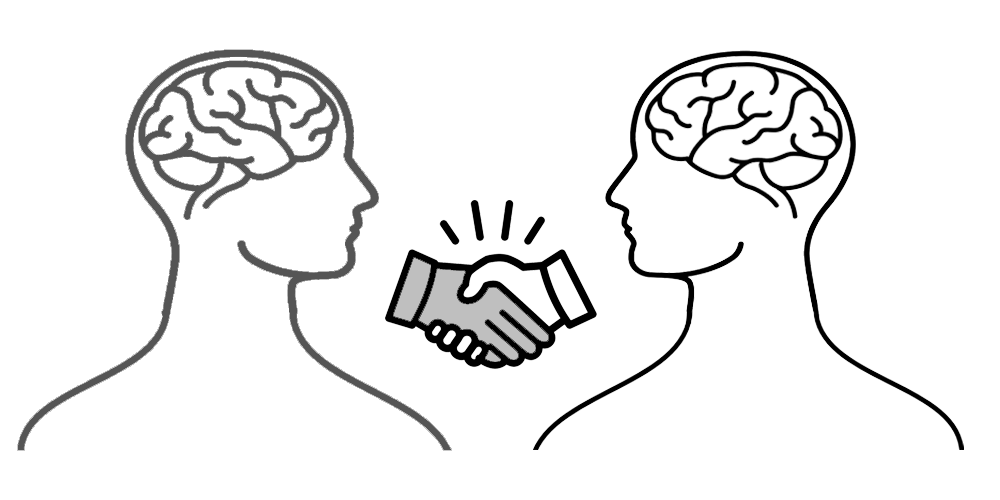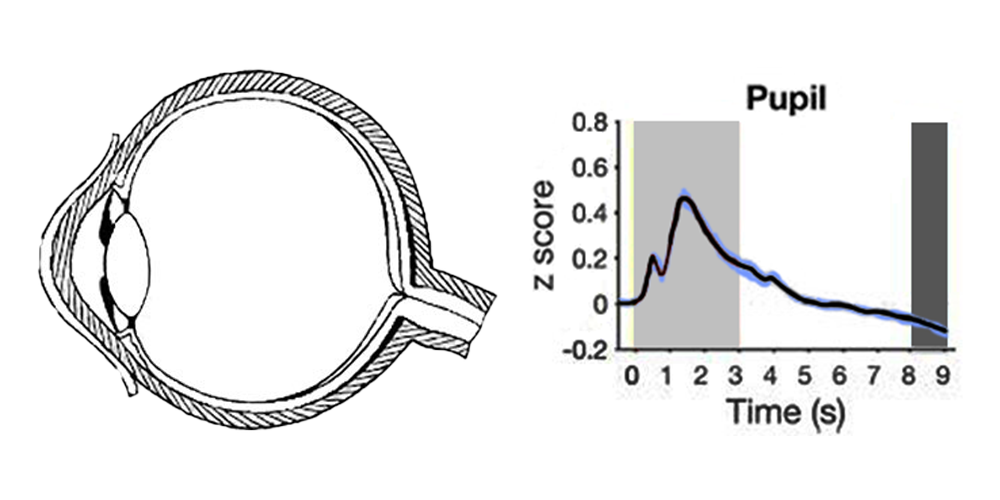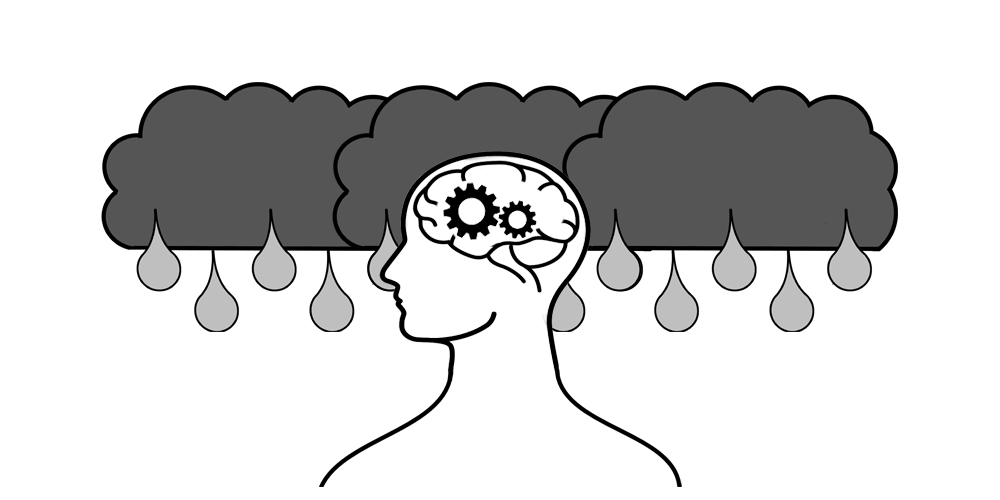The brain's valuation system
|
Many of our choices are determined by our preferences – our subjective sense of what is most valuable. In a comprehensive, quantitative meta-analysis of over 200 neuroimaging studies, we identified neural signals related to subjective value in two key brain regions, the ventromedial prefrontal cortex and ventral striatum. We have also used functional imaging to ask more fine-grained questions about these neural signals of value, for example, demonstrating how these signals adapt to the range of values in the current context, and showing that these signals can be used to predict choices across people and domains. Additionally, we have also shown how damage to ventromedial prefrontal cortex leads to preferences that are less consistent and stable.
|
Future-oriented decision making
|
Humans have a unique ability to plan for the future, pursuing goals that are months, years, or even decades away. Our lab is interested in how people make tradeoffs between immediate and delayed outcomes and what determines whether they persist in the choice of a delayed outcome until it ultimately arrives. We are interested in both the underlying mechanisms of future-oriented choice and persistence and in differences across individuals in these mechanisms. We have discovered several links, at both the behavioral and neural level, between systems involved in remembering the past and those involved in planning for the future, and have identified a critical role for uncertainty about the timing of future rewards in calibrating persistence towards future goals.
|
Memory-guided decision making
|
People often need to recall specific memories in order to make good decisions. Our lab investigates how episodic memory influences different kinds of decision making, how differences in episodic memory abilities could underlie differences in decision making as people age, and how memory-based decisions are influenced by the social and emotional context. We conduct behavioral and MRI studies across all stages of adulthood to examine the influence of memory on different kinds of economic decision-making processes.
|
Social decision making
|
Humans have an incredible ability to experience the world beyond our own perspective. We share in others’ emotional experiences and intuit their thoughts and beliefs. At best, this leads to extraordinary care for those in need and cooperative feats unknown to other species. At worst, this leads to dehumanization and manipulation for egocentric goals, empathic failures, and apathetic selfishness. Across a series of studies, our lab is examining how empathic processes contribute to social decision making by looking at individual variation in empathic traits, studying the function of the neural networks that support affective and cognitive empathy, and manipulating relevant neural hubs via noninvasive brain stimulation.
|
Learning in dynamic environments
|
Our world is dynamic. A fundamental challenge people face when making decisions is distinguishing between fundamental changes in the world around us from random variability or noise. Our lab uses computational modeling of behavior, multivariate and network analyses of neural signals, and pupillometry as a non-invasive measure of arousal to investigate how people navigate this fundamental challenge. We have identified neural and physiological responses to “surprising” events, to the subsequent uncertainty surprising events elicit, and to updates to mental models spurred by surprise and uncertainty.
|
Computational psychiatry
|
Many psychiatric conditions are characterized by changes in the reward network and decision-making behavior. Our lab uses neuroeconomic experimental paradigms to shed light on the psychological and neural processes affected by mood and psychotic disorders. Using functional imaging together with computational modeling, we study how reduced pleasure and motivation in these disorders are linked to various impairments in learning and value-based decision-making.
|
